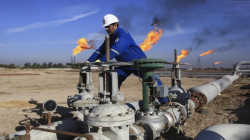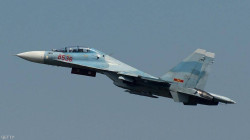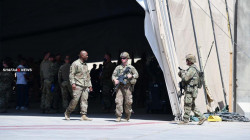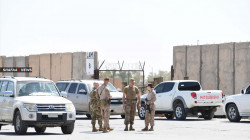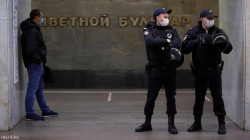Russia 'should not be' on UN Security Council, says US diplomat
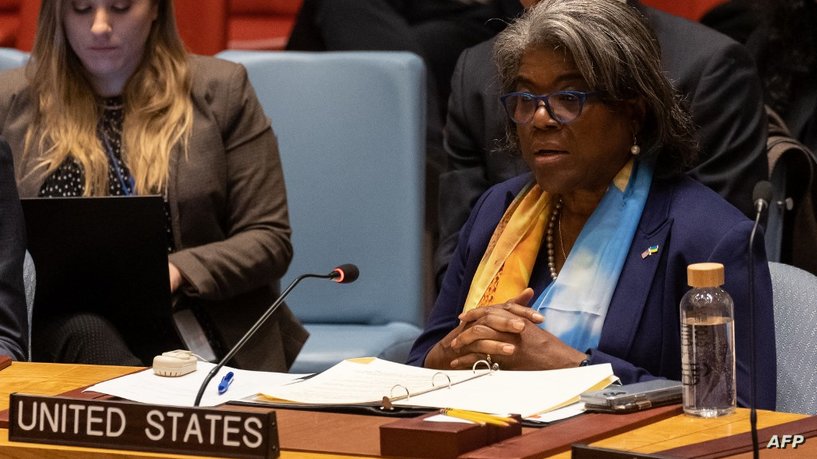
Shafaq News/ Russia "should not be" a permanent member of the United Nations Security Council, a US diplomat said on Thursday.
"Russia is a permanent member of the Security Council. It shouldn't be because of what it is doing in Ukraine," said United States Ambassador to the UN Linda Thomas-Greenfield.
However, the UN charter "does not allow changing its status as a permanent member," she added.
The UN Security Council is an international body responsible for maintaining peace.
Complaints from countries can be brought before it, with the council voting and making decisions on matters of security that other UN members are obliged to follow.
It has 10 rotating and five permanent members, including Russia, the UK, France, the US and China who hold veto power.
'Unscrupulous Western blackmailers': Russia's fury as UN votes to condemn Ukraine annexations
Moscow is due to take over the executive body from Saturday for a month, replacing Mozambique.
Thomas-Greenfield told AFP she expects Russia to behave "professionally" in the presidency, though she had her doubts.
“We also expect them to also seek opportunities to advance their disinformation campaign against Ukraine, the United States and all of our allies,” the US ambassador said.
"At every opportunity, we will raise our concerns about Russia's actions," she added, reiterating Washington's condemnation of the "war crimes and human rights abuses they are committing" in Ukraine.
Moscow has been accused of targeting civilians and committing atrocities against Ukrainian civilians, which it has denied.
Thomas-Greenfield stressed the United States would condemn Russia's actions and let the world know "what Russia is doing and the consequences of its actions against Ukraine."
Since the outbreak of war in February, tensions between Russia and the US have played out at the international organisation.
In October, the UN General Assembly voted overwhelmingly in favour of condemning Russia's illegal annexation of four Ukrainian regions, with 143 states supporting the motion, five rejecting it.
However, there were 35 abstentions, reflecting ambivalence towards the warring parties among many states around the world.
